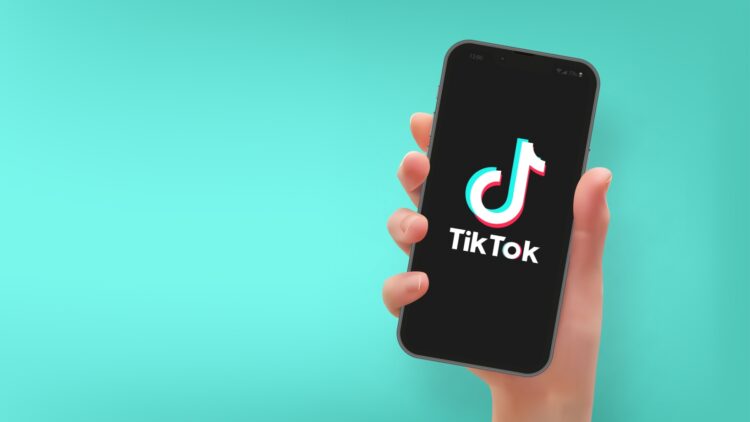Over the years, TikTok has established itself as one of the most popular apps on the planet. Its short video format and algorithm have made an entire generation of young people addicted to it. However, behind all the fun, entertainment, and hours spent glued to their phones, there is a serious legal concern that directly affects children’s privacy rights. The app has become a must-have among children who have not even reached middle school age.
Such is the concern for children’s privacy that a federal civil lawsuit has now been filed by the US government, through the Federal Trade Commission (FTC) and the Department of Justice (DOJ). Parents of children who downloaded TikTok before the age of 13 are being called upon in states such as Colorado, Virginia, and Michigan to assess their eligibility for this legal action.
TikTok and COPPA
The Children’s Online Privacy Protection Act (COPPA) is the reason TikTok is being taken to court. This federal law establishes strict rules on how Internet platforms must interact with this highly vulnerable demographic group: children under the age of 13 with an Internet presence. The government agency responsible for creating and enforcing this regulation is the Federal Trade Commission (FTC).
All companies that operate services aimed at children under the age of 13 and collect data about them must request consent from a guardian before opening an account for them. This is called verifiable parental consent (VPC). In addition, platforms must maintain full transparency with users and their parents, which means publishing a clear privacy policy. They must notify parents of the exact type of data they collect.
COPPA not only protects obvious information such as names and email addresses, but also includes data such as IP addresses and unique device identifiers. Even photographs, videos, or audio files containing the child’s image or voice are protected by COPPA.
In addition, parents have the right to review the personal information collected from their children, revoke consent to have it at any time, and request the complete deletion of all data. In short, they have the right to erase their children’s digital footprint if they so desire.
Allegations against TikTok
TikTok is not the first company to be accused of violating minors’ privacy. Its spiritual predecessor, Musical.ly, was also sued by the federal government in 2019, resulting in a $5.7 million fine.
However, the FTC claims that TikTok ignored that permanent injunction and collected data from users under the age of 13 with impunity. It is alleged that TikTok allowed millions of children under the age of 13 to create regular accounts without any age verification. They simply exploited a legal loophole that allowed them to create accounts using login credentials from third-party services such as Google or Instagram. This enabled them to create accounts that were classified as “unknown age.”
It didn’t end there, however, as TikTok is accused of illegally collecting data such as email addresses and personal information without proper parental consent. This even occurred in “kids” mode, the restricted version of the platform intended for younger users. TikTok used all this collected data (device details, app usage, IP, and browsing behavior) to create user profiles. These profiles were then shared with third parties such as Facebook and AppsFlyer. The purpose was targeted advertising, in which they studied the market and user behavior to carry out more effective marketing campaigns.
The class action lawsuit against TikTok
Right now, there are two legal actions underway: one by the government and one by private citizens. The government’s action was formalized in August 2024. The goal of this federal lawsuit is not to provide direct compensation to parents, but rather to impose civil fines of up to $51,744 per violation per day, in addition to attempting to stop future violations.
On the other hand, there is the private class action lawsuit, where parents are organizing to obtain financial compensation for families affected by the alleged violation of their children’s privacy. These potential class action investigations are being conducted in the following states: Colorado, Maryland, Michigan, Minnesota, New Jersey, Tennessee, Virginia, and Wisconsin.

